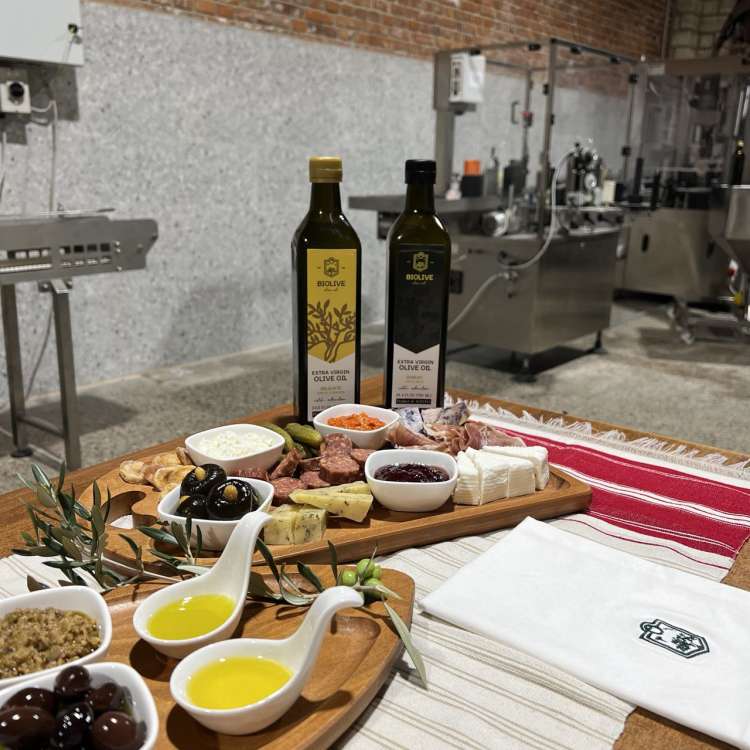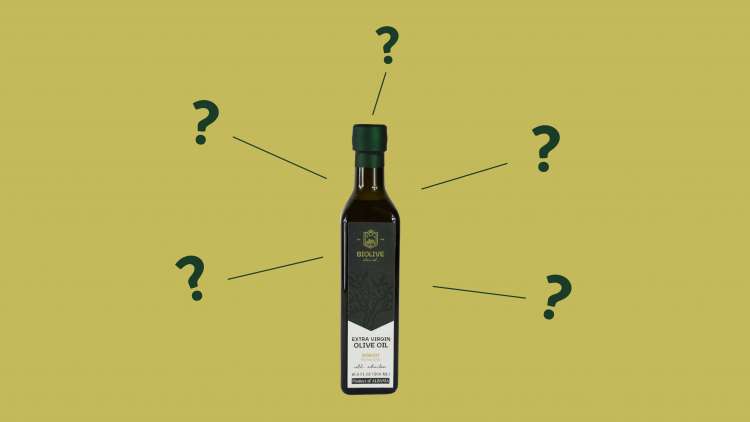“In summary, the latest research confirms what top chefs have known all along: extra virgin olive oil is the ultimate cooking oil.”
There is a common misconception that using extra virgin olive oil for cooking is not a wise choice. However, scientific studies have proven this to be untrue. In fact, EVOO is not only safe but is also the most stable and secure cooking oil available.
A recent study conducted by the Modern Olives Laboratory Services and published in the ACTA Scientific Nutritional Health Journal in Australia supports this claim. The study compared the stability of EVOO against other cooking oils like virgin olive oil, refined olive oil, canola oil, grapeseed oil, coconut oil, avocado oil, peanut oil, rice bran oil, and sunflower oil. The study concluded that EVOO was the most stable cooking oil of all.
The study also found that the antioxidants present in extra virgin olive oil contributed significantly to its high stability when exposed to heat. As a result, EVOO outperformed virgin and refined olive oil in terms of stability during cooking.
Contrary to popular belief, the antioxidants and polyphenols in olive oil are not destroyed by heat, as confirmed by a 2007 study published in the Journal of Agriculture and Food Chemistry. Researchers discovered that extra virgin olive oil retained most of its nutritional benefits even after being heated to 356°F (180 °C) for 36 hours. The phenols and antioxidants in EVOO have also been shown to enhance the nutritional value of food.
“With a smoke point of 410°F (210°C), authentic extra virgin olive oil is an excellent choice for all types of cooking, including deep-frying, sautéing, and stir-frying. For maximum flavor, it's recommended to cook below this temperature.”
A common question asked is whether extra virgin olive oil is suitable for cooking or just used as a finishing oil for dishes like roasted vegetables or fish. The truth is, EVOO can be used for roasting and frying, resulting in improved taste.
Contrary to popular belief, cooking with olive oil does not diminish its health benefits or flavor. Moreover, heating it above 350 degrees does not transform it into something unhealthy, nor does it produce trans fats, as some blogs suggest. Trans fats, also known as partially hydrogenated oils, are found in stick margarine, shortenings, packaged goods, and fast foods.
According to the American Heart Association, consuming trans fats increases the risk of developing heart disease, stroke, and type 2 diabetes. Fortunately, trans fats cannot be created in your kitchen. The industrial process of hydrogenation, which involves heating oil under extreme pressure and bubbling hydrogen gas through it in the presence of a Palladium metal catalyst, is required for their formation.
Therefore, the notion that heating extra virgin olive oil to a certain temperature produces trans fats is entirely false. Heat, pressure, hydrogen gas, and an appropriate catalyst are all necessary for trans fats to form, none of which occur during cooking at home. It just can’t happen in your kitchen.
In summary, the latest research confirms what top chefs have known all along: extra virgin olive oil is the ultimate cooking oil.
Sources: ACTA Scientific Nutritional Health Journal, Olive Oil Times, About Olive Oil, American Heart Association


